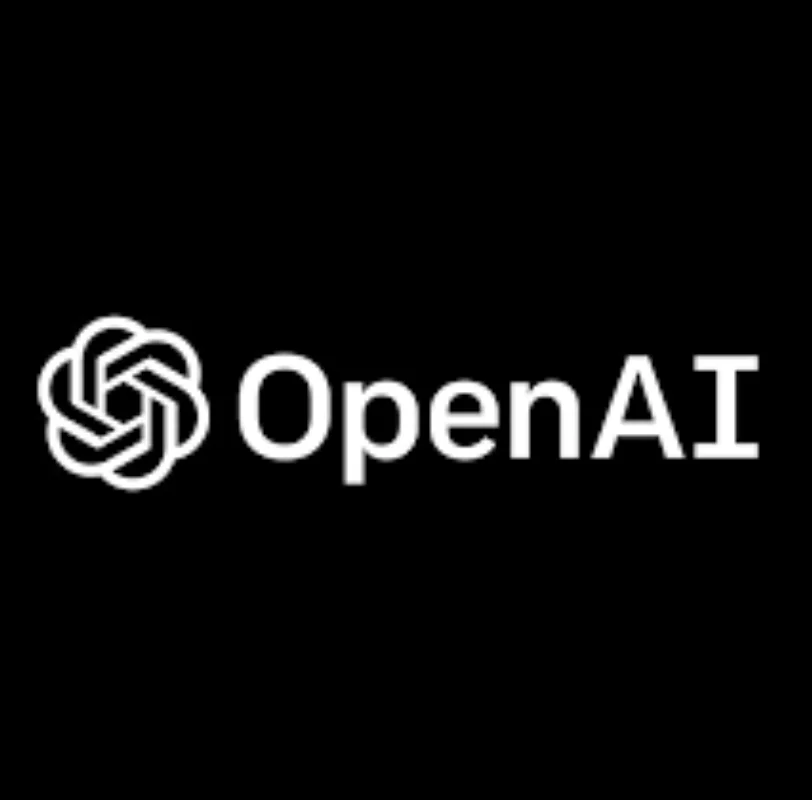Insider Brief
- Isomorphic Labs, an Alphabet-owned startup, plans to begin human trials for its first AI-designed drug by year-end, potentially revolutionizing the drug discovery process.
- The company, leveraging AI to accelerate drug development, has partnered with pharmaceutical giants Eli Lilly and Novartis to target major diseases like cancer and neurodegeneration.
- While highlighting AI’s transformative potential in healthcare and beyond, founder Demis Hassabis warned of risks and called for cautious development of advanced AI technologies.
Isomorphic Labs, a drug discovery startup owned by Alphabet, plans to begin human trials for its first artificial intelligence-designed drug by the end of this year, a milestone that could dramatically accelerate the development of new medicines. The company’s founder, Sir Demis Hassabis, told the Financial Times that AI could shrink the typical five-to-10-year drug discovery process by as much as 90%, potentially transforming how treatments for diseases like cancer, heart conditions and neurodegenerative disorders are developed.
The announcement, made during an interview at the World Economic Forum in Davos, is another sign of the growing role of AI in reshaping industries, from healthcare to technology. Isomorphic Labs, spun out of Google’s AI research arm DeepMind in 2021, is leveraging advanced algorithms to identify and design new drugs faster and more efficiently than traditional methods. The startup has already partnered with pharmaceutical giants Eli Lilly and Novartis on six drug development programs, signaling strong industry interest in its approach.
A Faster Path to New Drugs
Drug discovery is a notoriously slow and expensive process, often costing billions of dollars and taking over a decade to bring a single treatment to market. AI promises to streamline this by analyzing vast amounts of biological data to identify promising drug candidates in a fraction of the time. Hassabis, a Nobel Prize-winning scientist, believes Isomorphic’s technology could reduce the discovery phase to just one or two years.
“It usually takes an average of five to 10 years [to discover] one drug. And maybe we could accelerate that 10 times, which would be an incredible revolution in human health,” Hassabis told the Financial Times.
The company’s first AI-designed drug, expected to enter clinical trials later this year, will target one of the “big disease areas” such as oncology, cardiovascular conditions, or neurodegeneration. While Hassabis did not specify the exact disease, the move marks a significant step forward in proving the viability of AI-driven drug development.
Big Pharma’s Interest
Isomorphic’s potential has attracted major pharmaceutical companies eager to cut costs and improve efficiency. Partnerships with Eli Lilly and Novartis highlight the industry’s growing reliance on AI to address the challenges of traditional drug discovery. These collaborations could also help Isomorphic scale its technology and bring treatments to market more quickly.
The startup’s success hinges on its ability to integrate AI with deep biological expertise, a combination that Hassabis believes will unlock new possibilities in medicine, the Financial Times reports.
“We’re looking at oncology, cardiovascular, neurodegeneration, all the big disease areas,” he told the Financial Times during an interview at the event.
AI’s Broader Impact
Beyond drug discovery, Hassabis, who also serves as CEO of Google DeepMind, discussed the broader implications of AI during the interview. He revealed that Google’s prototype AI assistant, known as Project Astra, is likely to launch later this year. He envisions a future where “billions” of AI agents interact with each other, negotiating transactions and reshaping how the internet functions.
Hassabis envisions a future — maybe three years in the future — where billions of AI agents will be negotiating with each other on behalf of the vendor and the customer, Hassabis said.
If so, that will not jut change biotechnology, but will require a rethinking of the web itself, he suggested
However, he also warned of the risks associated with advancing AI technology, particularly the pursuit of artificial general intelligence (AGI)—a system capable of matching or exceeding human cognitive abilities. While AGI remains at least five to 10 years away, Hassabis stressed the need for caution and international cooperation to ensure its safe development.
“If something’s possible and valuable to do, people will do it,” he said. “We’re past that point now with AI, the genie can’t be put back in the bottle… so we have to try and make sure to steward that into the world in as safe a way as possible.”
Balancing Innovation and Risk
Hassabis’s comments reflect growing concerns about the potential misuse of AI, particularly by “bad actors” seeking to exploit the technology for harmful purposes. He called for greater collaboration among leading AI developers to establish safeguards and prevent unintended consequences.
Despite these challenges, Hassabis remains optimistic about AI’s potential to drive progress in fields like healthcare and technology. The upcoming clinical trial of Isomorphic’s AI-designed drug will serve as a critical test of whether the technology can deliver on its promise to revolutionize medicine.
If successful, Isomorphic’s approach could pave the way for a new era of drug discovery, where AI plays a central role in identifying and developing treatments for some of the world’s most pressing health challenges.





